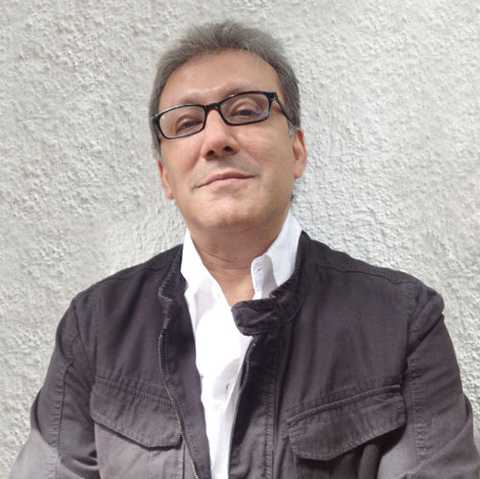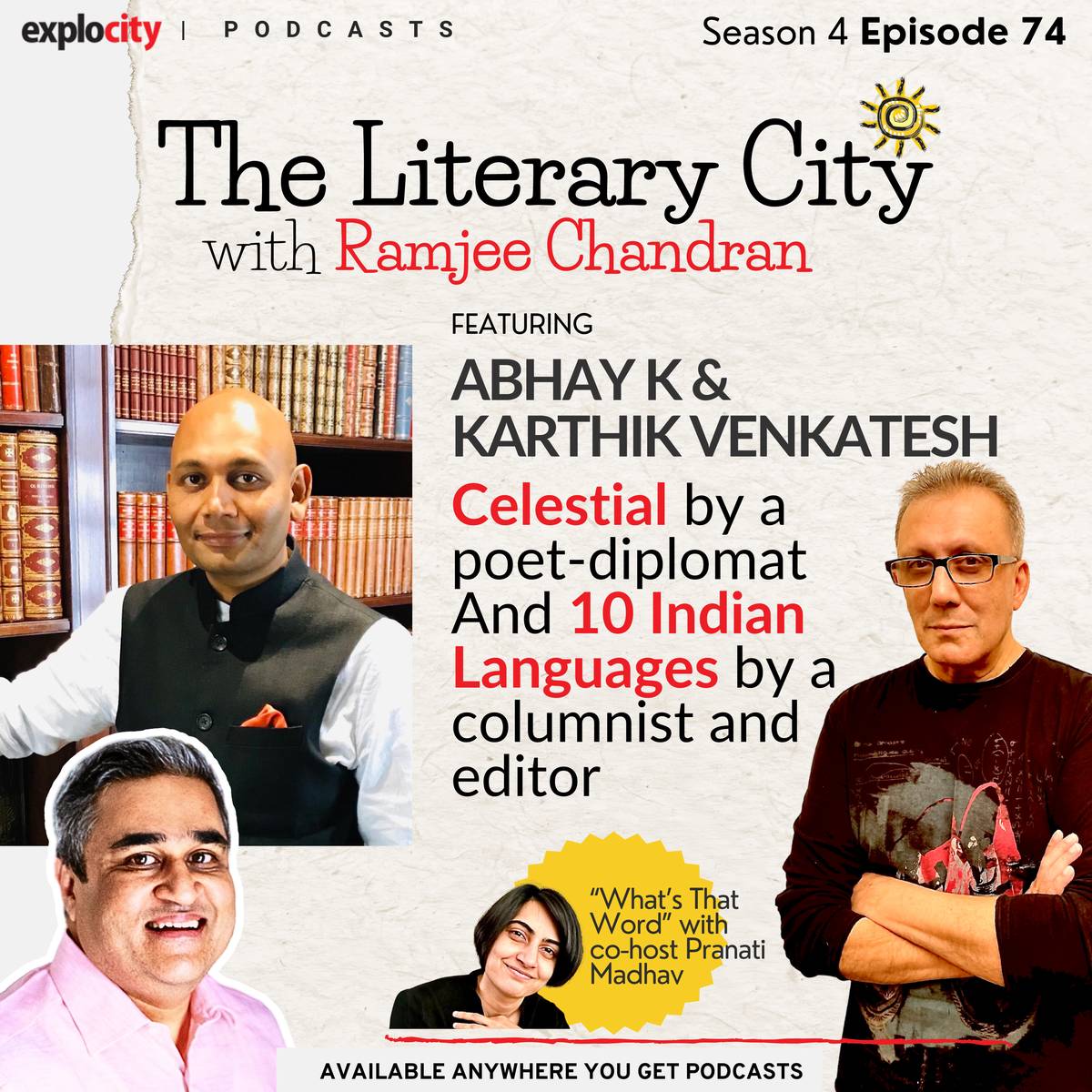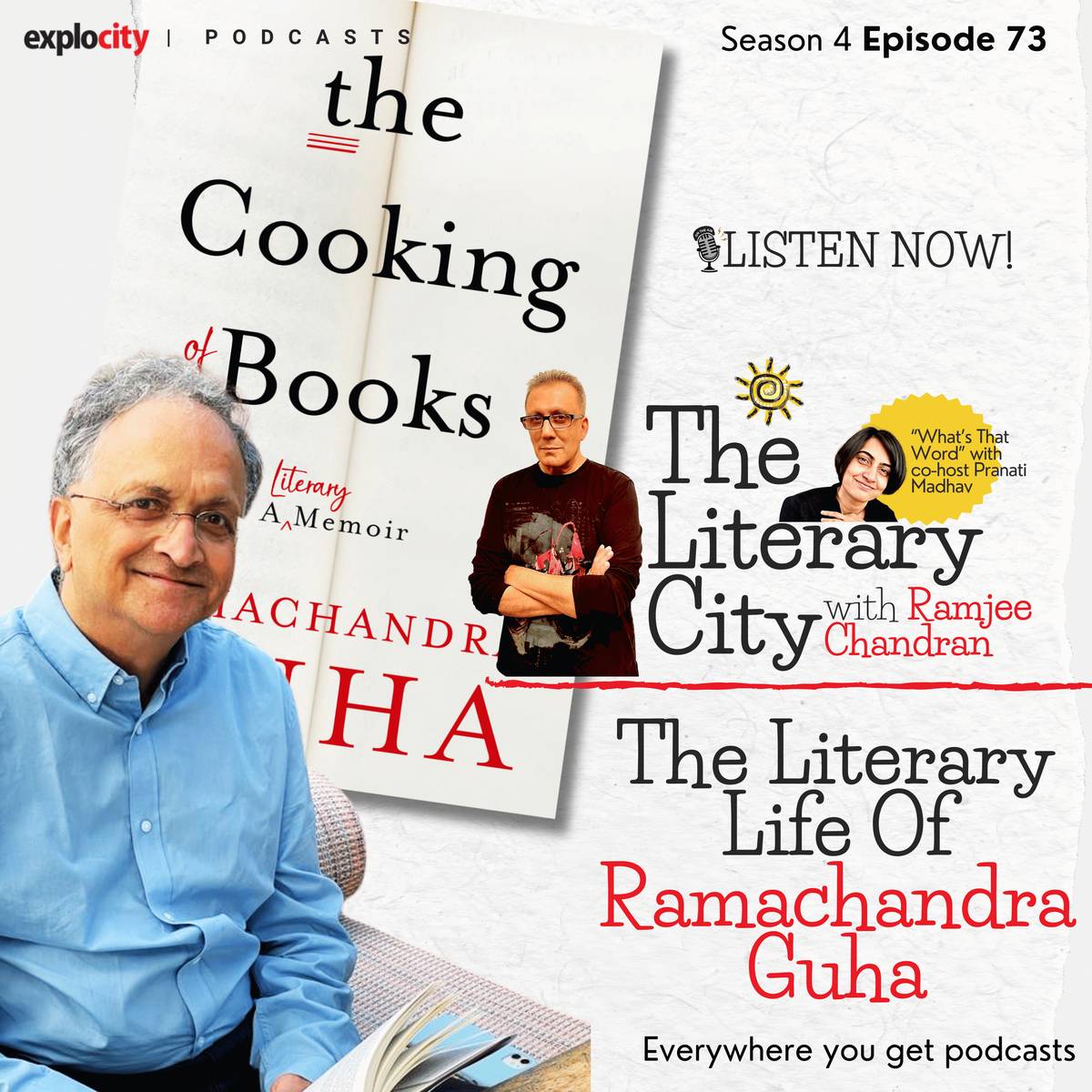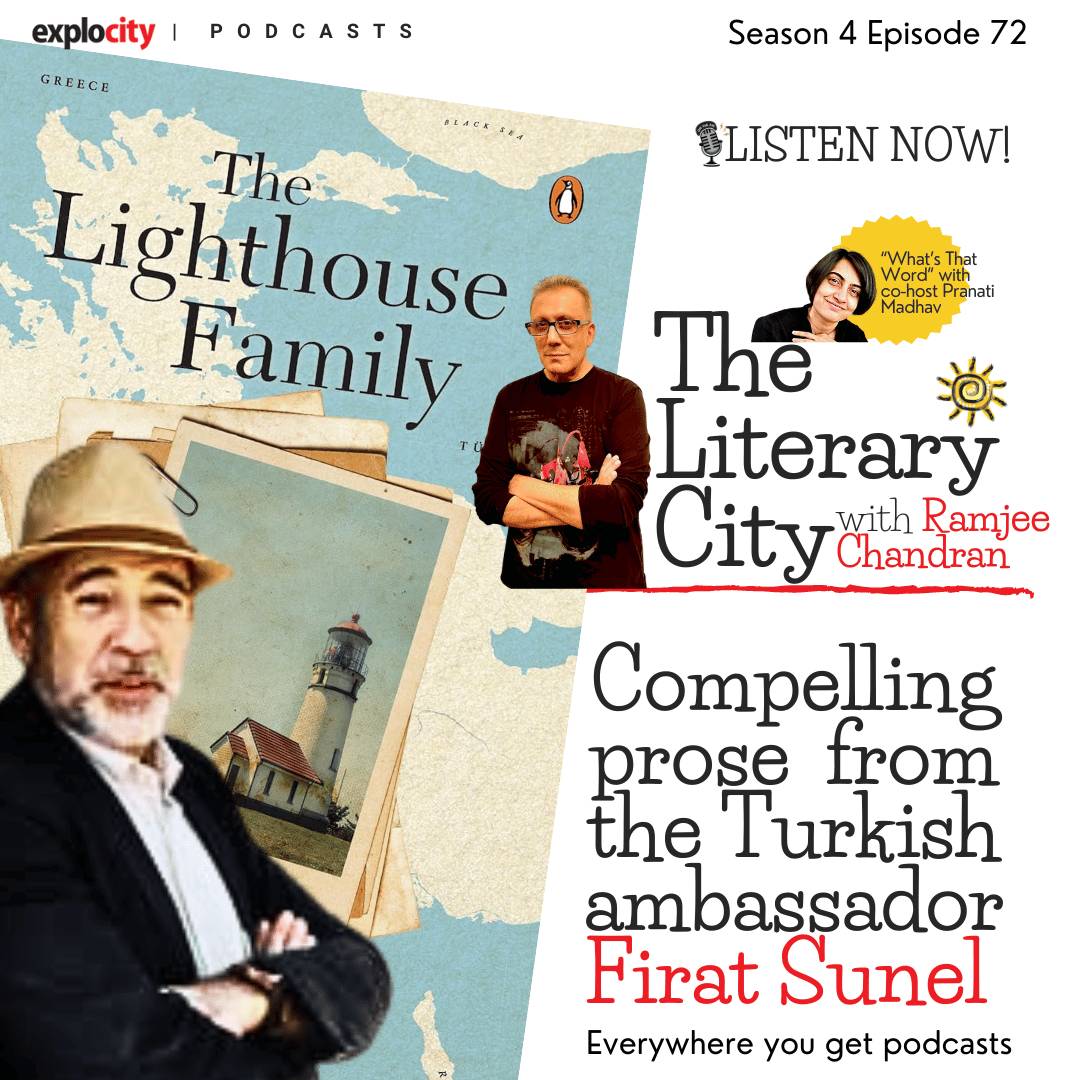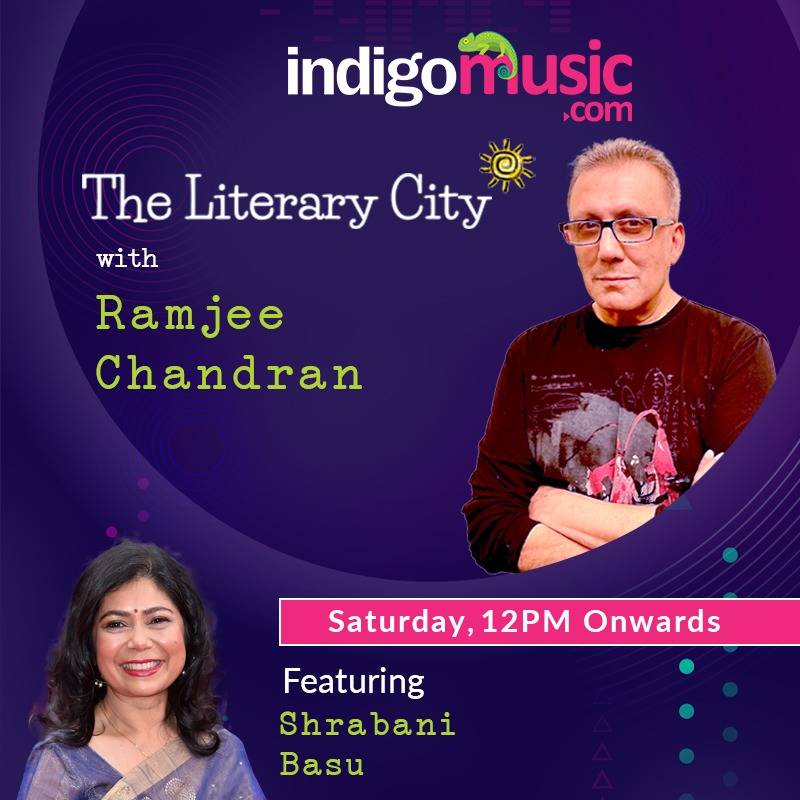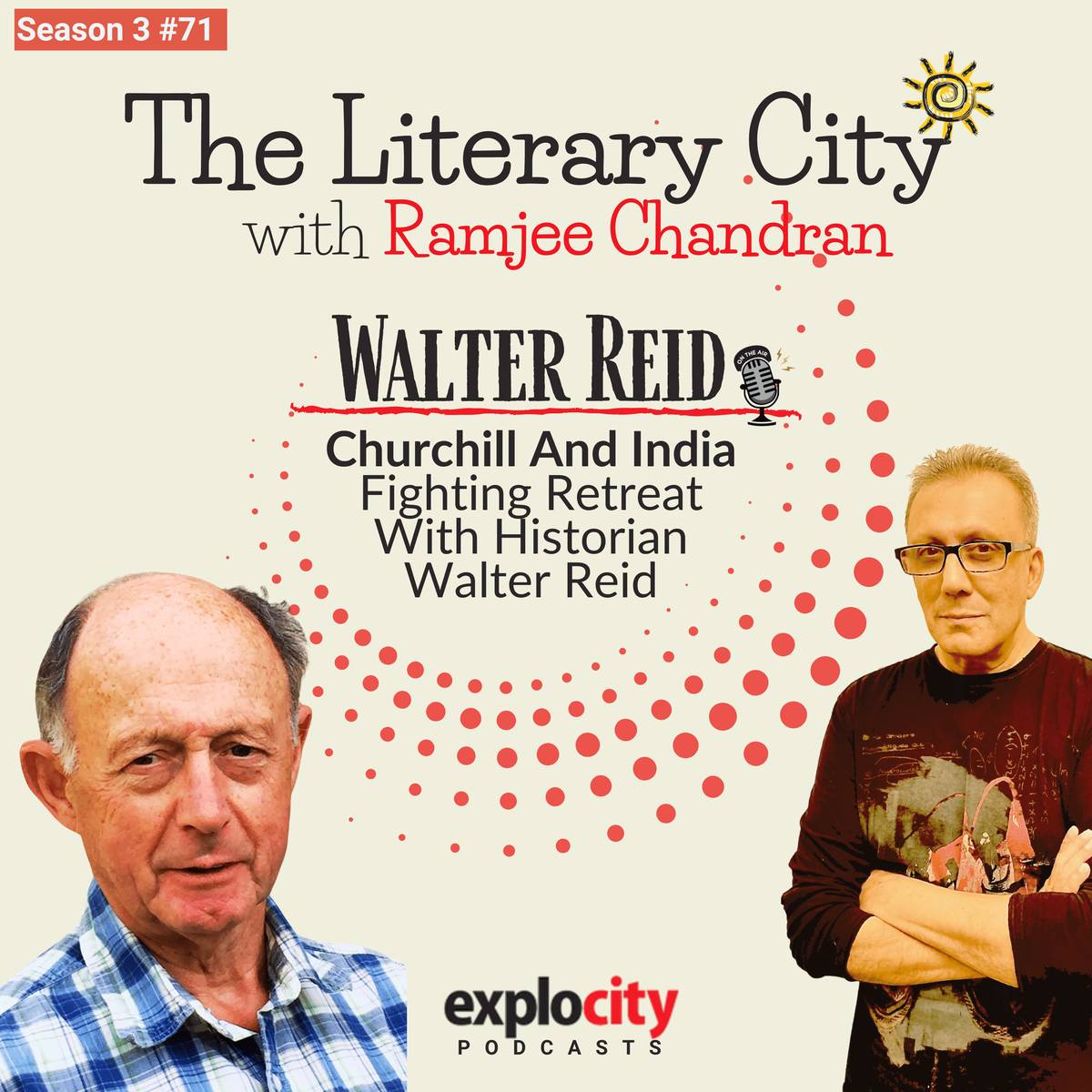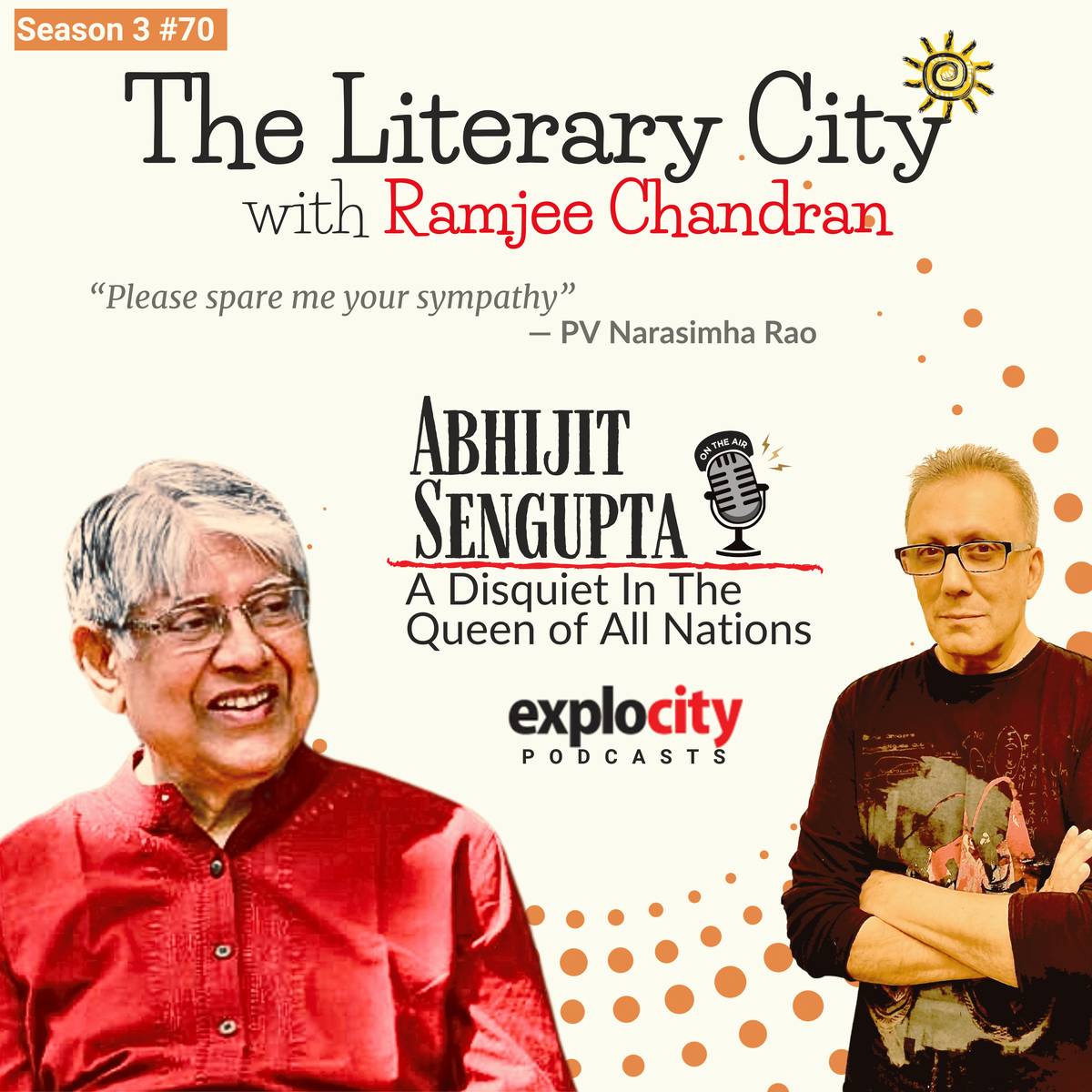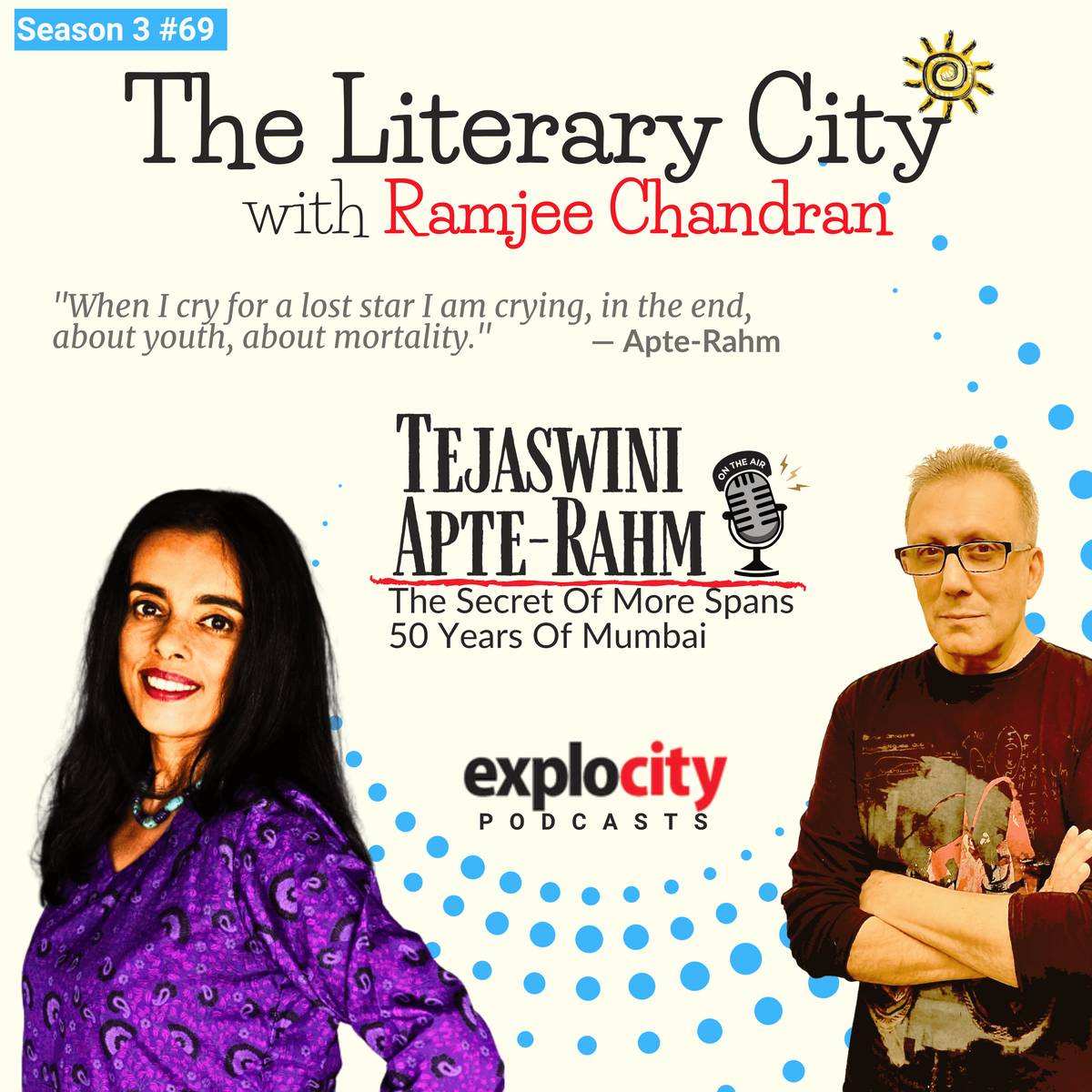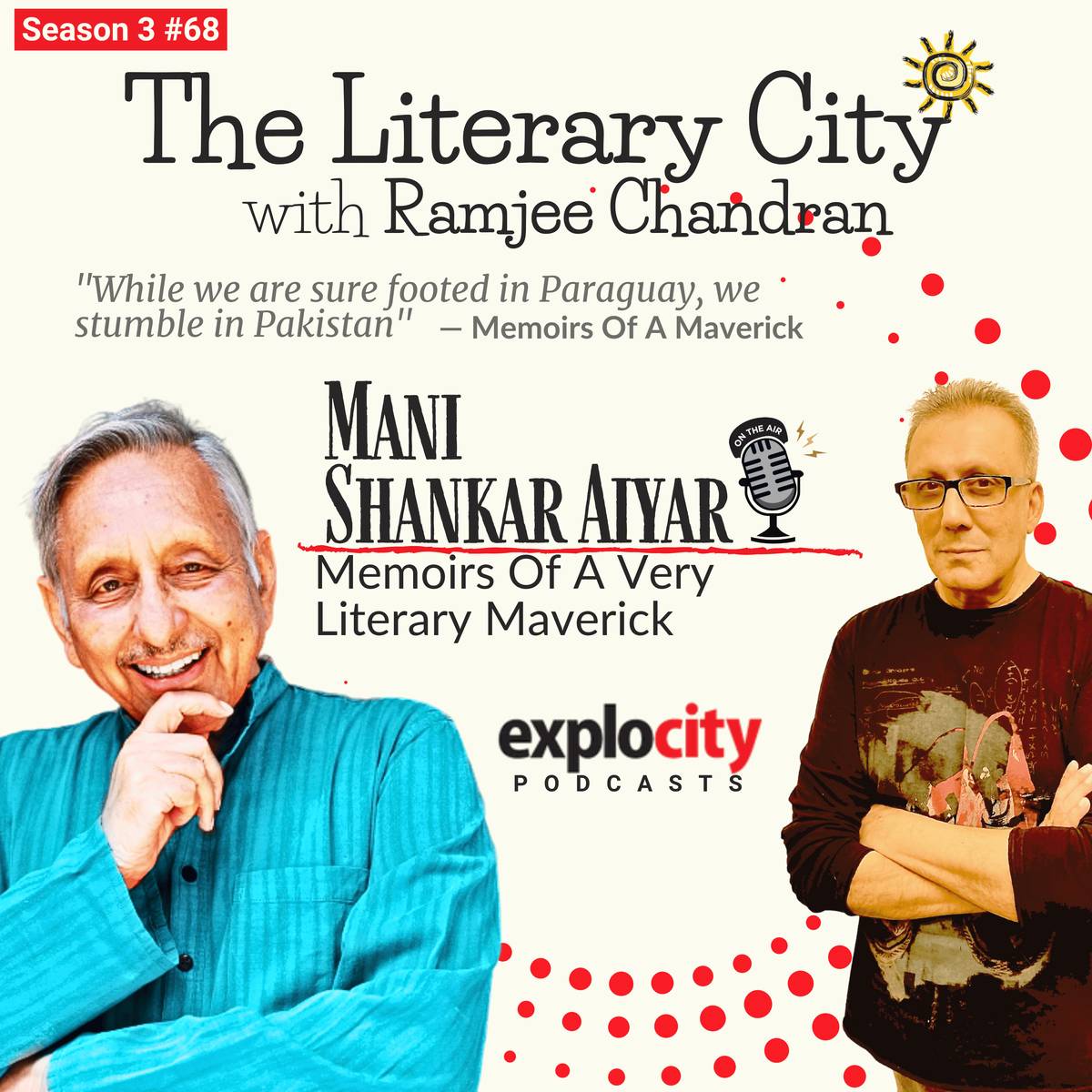Are Translations The Next Big Thing? Inside The Craft Of Kalyan Raman
So are translations the next big thing? My guest today, Kalyana Raman is no translation newbie. He has translated the works of some of the best known writers from Tamil into English. I have known him for many years. He is a scientist with a literary side. He worked in the Indian Space Research Organisation (ISRO) as a satellite communications engineer.
Jul 20, 2022, 10 28 | Updated: Jul 20, 2022, 10 59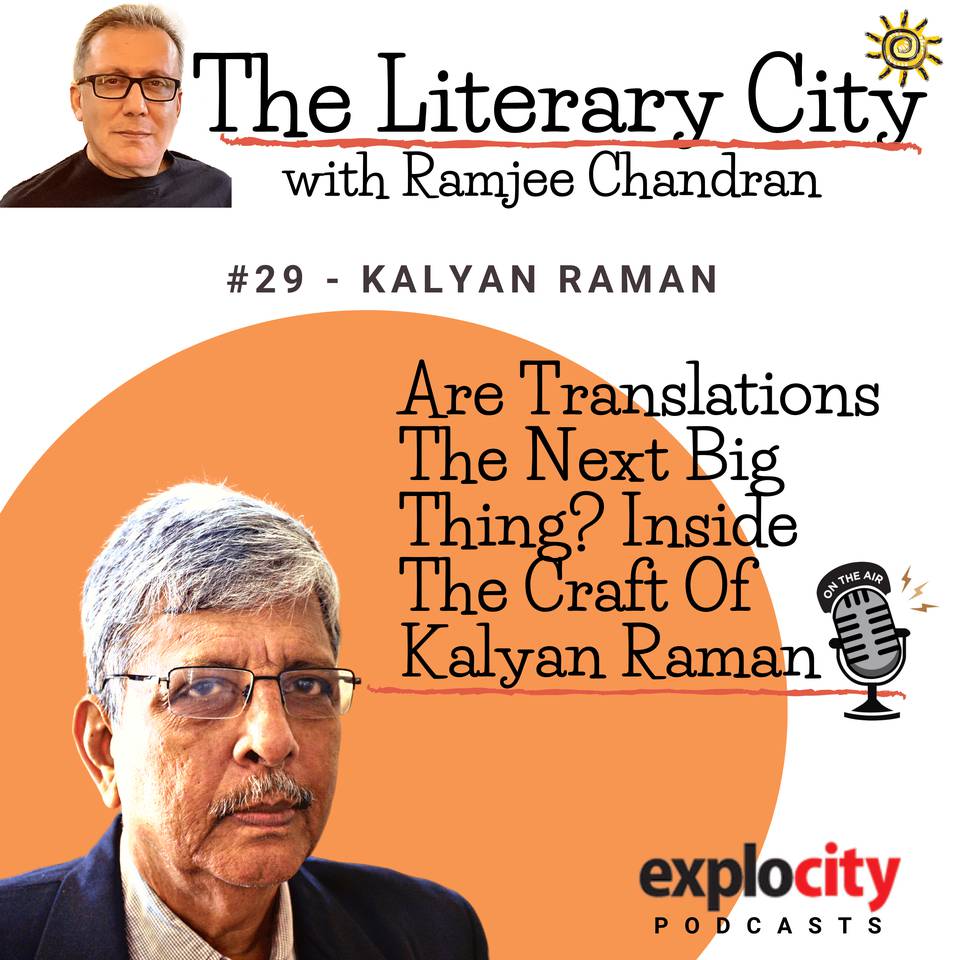
Recently Indian author, Geetanjali Shree's book Tomb Of Sand, won the Rest Of The World version of the Booker Prize.
In literary circle—as indeed with other circles—awards and prizes always set off ripples of envy and carping. The cynical argument is that prizes are geared to triggering interest in markets. In this case, I presume, to sell more books. I haven’t done a deep dive into this but it makes for great coffee shop mulch.
So, whether by honest practice or by greasy marketing, a Booker win means much to the industry and in the case of Tomb Of Sand I dare say, it will trigger the gold rush of translations.
So are translations the next big thing?
My guest today, Kalyana Raman is no translation newbie. He has translated the works of some of the best known writers from Tamil into English. I have known him for many years. He is a scientist with a literary side. He worked in the Indian Space Research Organisation (ISRO) as a satellite communications engineer.
His first substantive published translation of a book was one of short stories by the famous late Tamil modernist author, Ashokamitran.
I remember meeting Kalyan in Koshy’s Cafe in Bangalore the day that book was released. I walked over to a bookstore nearby and bought it. And I was introduced to the wonderful world of translated texts.
Translations are not something to be discussed blithely. There is so much that translators must know before they can translate. They must know the language, the history of the author, indeed the mind of the author, the subject. And then the translation itself must stay faithful to the rhythm, cadence and comportment of the text.
And importantly, stay faithful to the author. The translator must not conclude that the author’s prose could use a little improvement.
I’ve held Kalyan in very high estimation all these years and I am fortunate to have him here as my guest today. Today we ask him all about translations.
ABOUT KALYAN RAMAN
A graduate of IIT Madras and IIM Kolkata, N Kalyan Raman worked in telecommunications for over three decades. His career as a translator of contemporary Tamil fiction and poetry began in the early 90s. He has published fifteen works of Tamil fiction in translation, including those by major authors like Ashokamitran, Poomani, Perumal Murugan, Devibharathi, Salma and Vaasanthi. His translation of Tamil poetry has been published widely in important journals and anthologies in India and abroad. Breaking Free, his translation of a Tamil novel by Vaasanthi, was published in June this year by HarperCollins India. His translation of Perumal Murugan's Poonachi: The Story of a Black Goat was shortlisted for the inaugural JCB Prize in 2018. Its US edition, The Story of a Goat was nominated for the National Book Foundation Award 2020 for Translated Literature. In 2018, he was given the prestigious Pudumaipithan Memorial Award for his contribution to the cause of Tamil literature through his translations. He lives and works in Chennai.
Buy Breaking Free here: https://amzn.to/3yx288E
WHAT'S THAT WORD?!
Co-host Pranati "Pea" Madhav joins Ramjee Chandran in the segment "What's That Word?", where they discuss the business of translations and the phrase "champing at the bit".
WANT TO BE ON THE SHOW?
Reach us by mail: theliterarycity@explocity.com or simply, tlc@explocity.com.
Or here: https://www.facebook.com/groups/theliterarycity.
Or here: https://www.instagram.com/explocityblr/.
